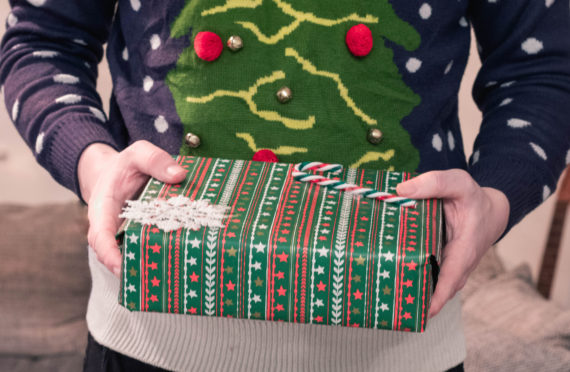
More than half of people fear they will not be able to see family and friends over the festive period – and a quarter are worried they will spend it alone, research suggests.
Some 59% of adults fear they will not be able to see family and friends at Christmas or other religious festivals, according to research by the Campaign to End Loneliness.
And 54% fear they will not be able to see older relatives for fear of putting them at risk, increasing their risk of loneliness.
More than a quarter (27%) of respondents are worried about celebrating alone, the Survation poll of 2,017 UK adults between October 2-7 found.
At least 80% of those surveyed said they are concerned about the loneliness of older people who have a long-term health condition, are bereaved or who live in care homes.
The actions people felt were most needed to address loneliness in their areas are introducing free broadband and making communities more accessible for older and disabled people.
The charity’s report, Promising Approaches Revisited, is calling for increased government funding into services addressing loneliness and isolation, and bereavement support services.
And it wants the UK governments to ensure national strategies are “loneliness-proofed”, including coronavirus recovery plans.
Executive director Kate Shurety said: “If the issue is not adequately addressed in every UK community, we are concerned that there could be a timebomb being set that will impact more broadly on mental and physical health services.”
She continued: “We are particularly concerned about the effect Covid-19 is having on the extreme sense of isolation felt by many groups, including people in the shielding category, those feeling vulnerable, people who live alone with no social connections, care homes residents, or carers struggling due to minimal support or respite.
“We would ask governments when making any future Covid-19 restrictions to give due consideration, where possible, to allow people to form a safe extended household if they live alone or are carers, and have safe face-to-face visits within care homes.”
Previous research has linked loneliness to an increased risk of developing coronary heart disease and stroke, high blood pressure, depression, and poor cognitive function among older adults.
Jeremy Bacon, the British Association for Counselling and Psychotherapy (BACP)’s older people lead, said “Counsellors and psychotherapists working with older clients report concern that the narrative of the pandemic lumps older people into an homogenous at-risk group whose shielding and risk status results in isolation being equated with safety and well-being.
“Our understanding of loneliness and how we address it, must take account of the impact of the Covid-19 pandemic across the four nations and in every community.
“Restrictions on physical contact, the closure of community venues and services providing support and companionship, and the fears of those most vulnerable to the virus, inevitably increase the risks of social, emotional and existential loneliness.”

Enjoy the convenience of having The Sunday Post delivered as a digital ePaper straight to your smartphone, tablet or computer.
Subscribe for only £5.49 a month and enjoy all the benefits of the printed paper as a digital replica.
Subscribe